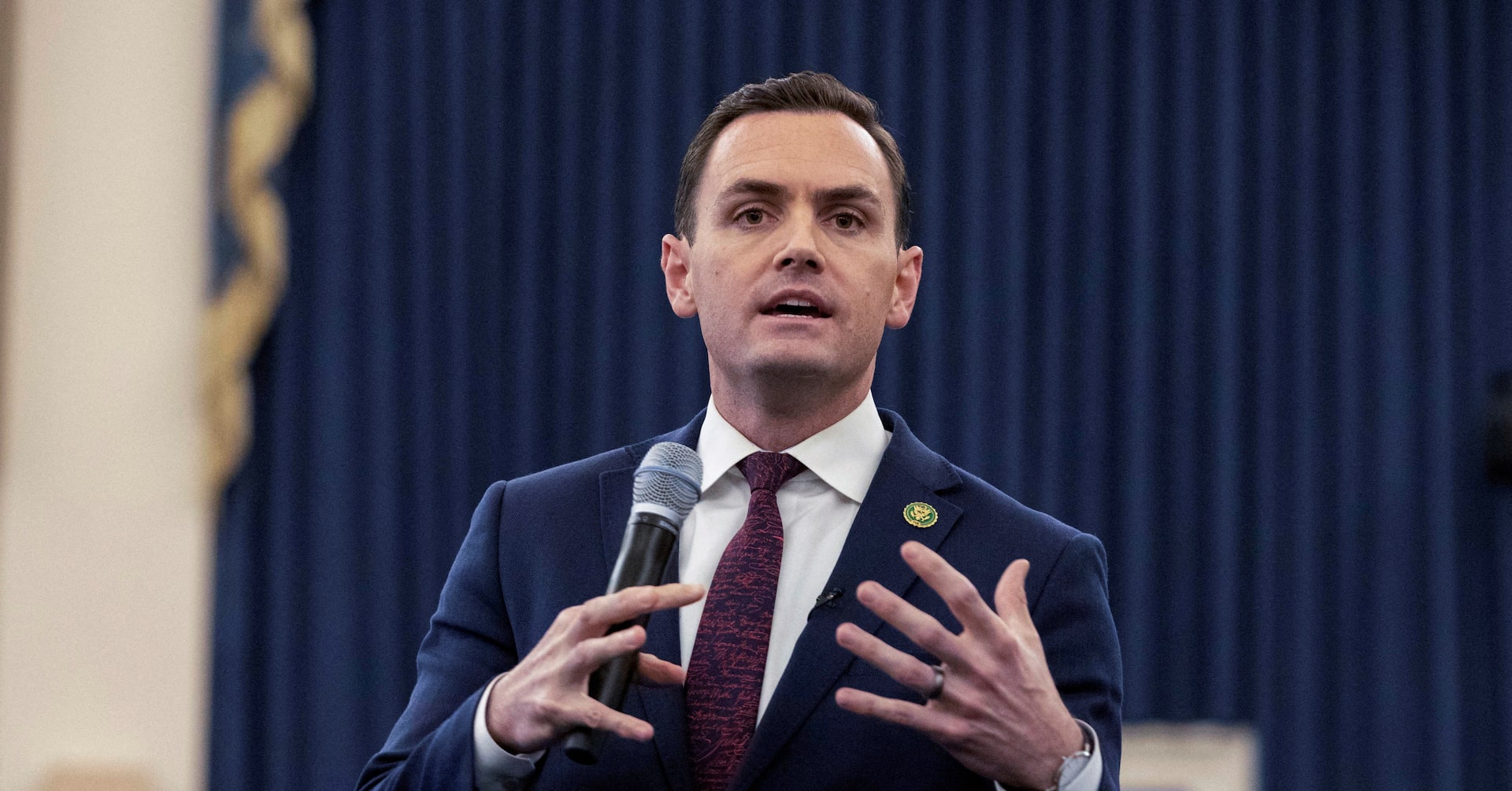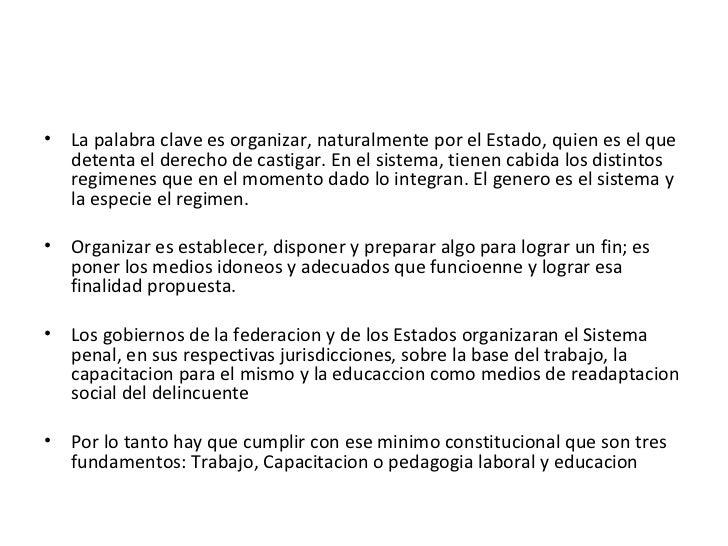AI Chip Export Rules: Nvidia CEO's Call For Change To Trump

Table of Contents
The Current Landscape of AI Chip Export Regulations
The export of advanced AI chips is subject to a complex web of international regulations, primarily designed to prevent the proliferation of sensitive technologies. Specific high-performance chips like Nvidia's A100 and H100, crucial for cutting-edge AI applications, are often at the center of these restrictions. These regulations significantly impact countries like China, limiting their access to the most advanced AI processing capabilities.
The rationale behind these AI chip export restrictions often centers on national security concerns. Governments worry about the potential misuse of advanced AI in military applications, cyber warfare, or the development of autonomous weapons systems. Furthermore, concerns about intellectual property theft and the potential for these technologies to fall into the wrong hands drive the implementation of stringent export controls.
- Specific examples of export control measures: Licensing requirements, end-use restrictions, and limitations on the quantity and type of chips that can be exported.
- Key government agencies involved: The Bureau of Industry and Security (BIS) in the United States plays a crucial role, along with similar agencies in other countries.
- Legal frameworks underpinning these regulations: These rules are typically based on national security laws and international treaties aimed at preventing the proliferation of weapons of mass destruction and dual-use technologies.
Nvidia's CEO's Arguments for Regulatory Reform
Jensen Huang, Nvidia's CEO, has voiced strong concerns about the current AI chip export rules, arguing that they significantly hamper innovation and economic growth. He contends that overly restrictive regulations prevent the free flow of technology, hindering collaboration and slowing down the pace of AI development globally. Huang's arguments are rooted in the belief that a more open approach to AI chip exports would foster a more competitive and collaborative environment, ultimately benefiting everyone.
Huang’s calls for reform aren't simply about Nvidia's bottom line; although the restrictions undoubtedly impact the company's revenue and market reach, his arguments extend beyond corporate interests. He emphasizes the broader effects on the AI industry and academic research.
- Impact on Nvidia's business and revenue: Reduced sales to key markets.
- Effects on the broader AI industry and research: Slowed progress in AI development and deployment across various sectors.
- Potential benefits of relaxed regulations for global AI development: Accelerated innovation, wider access to advanced AI tools, and increased global competitiveness.
Counterarguments and Potential Risks of Relaxing Regulations
While Nvidia's CEO advocates for easing AI chip export controls, counterarguments exist, highlighting potential risks associated with a less restrictive approach. Critics worry about the national security implications of making advanced AI technologies more readily available, particularly to countries with questionable human rights records or those engaged in aggressive geopolitical posturing.
Ethical concerns also play a significant role. The potential for misuse of advanced AI in surveillance, social control, or the development of autonomous weapons systems is a major cause for concern. Striking a balance between fostering innovation and mitigating these risks is a critical challenge.
- Examples of potential negative consequences: Escalation of arms races, human rights abuses facilitated by AI, and increased cyber threats.
- Arguments for maintaining strict control over certain AI technologies: The need to prevent the proliferation of potentially harmful technologies and safeguard national security.
- The need for a balanced approach between innovation and security: Finding a middle ground that fosters responsible AI development while mitigating potential risks.
The Future of AI Chip Export Policy and its Global Impact
The future of AI chip export policies will significantly shape the global AI landscape. Maintaining stringent restrictions risks slowing down AI advancements and potentially creating a technological divide. However, loosening controls carries inherent risks. International cooperation will be crucial in navigating this complex challenge. A globally coordinated approach, involving international agreements and shared standards, may be necessary to ensure responsible innovation while mitigating potential security threats.
- Predictions for the AI chip market under different regulatory frameworks: Different regulatory scenarios will lead to varied market dynamics, impacting competition, innovation, and accessibility.
- The influence of geopolitical factors on AI chip export policies: Geopolitical tensions and strategic rivalries will continue to shape these policies, making international cooperation challenging.
- Potential for future technological developments to impact these regulations: New AI technologies and breakthroughs could necessitate revisions to existing regulations.
Conclusion: Navigating the Complexities of AI Chip Export Rules
The debate surrounding AI chip export rules highlights the intricate interplay between technological advancement, national security, and ethical considerations. Nvidia's CEO's call for reform underscores the urgent need for a reassessment of current policies. While concerns about national security and responsible AI development are legitimate, overly restrictive regulations risk stifling innovation and hindering global progress. Finding a balanced solution that fosters collaboration, encourages responsible innovation, and addresses security concerns remains a critical challenge requiring careful consideration and international cooperation. We encourage you to engage in further research on AI chip export rules and participate in the ongoing conversation surrounding responsible AI development and global competitiveness. Share your thoughts and contribute to the debate shaping the future of AI chip export policies.

Featured Posts
-
 Jw 24 Yndhr Slah Wdek Alhsas Yttlb Alhdhr
May 03, 2025
Jw 24 Yndhr Slah Wdek Alhsas Yttlb Alhdhr
May 03, 2025 -
 Remembering Lisa Ann Keller Obituary And Service Information
May 03, 2025
Remembering Lisa Ann Keller Obituary And Service Information
May 03, 2025 -
 Havertz Fails To Impress Souness Verdict On Arsenals Epl Signing
May 03, 2025
Havertz Fails To Impress Souness Verdict On Arsenals Epl Signing
May 03, 2025 -
 17 April 2025 Daily Lotto Winning Numbers
May 03, 2025
17 April 2025 Daily Lotto Winning Numbers
May 03, 2025 -
 Wsayl Alielam Alerbyt Ttfael Me Alhjwm Alisrayyly Ela Qaflt Almsaedat Almtjht Ila Ghzt
May 03, 2025
Wsayl Alielam Alerbyt Ttfael Me Alhjwm Alisrayyly Ela Qaflt Almsaedat Almtjht Ila Ghzt
May 03, 2025
Latest Posts
-
 Actualizacion Del Sistema Penitenciario 7 Nuevos Vehiculos En Operacion
May 03, 2025
Actualizacion Del Sistema Penitenciario 7 Nuevos Vehiculos En Operacion
May 03, 2025 -
 Refuerzan Seguridad Entregan 7 Vehiculos Al Sistema Penitenciario
May 03, 2025
Refuerzan Seguridad Entregan 7 Vehiculos Al Sistema Penitenciario
May 03, 2025 -
 Uk Local Elections Will Nigel Farages Reform Party Succeed
May 03, 2025
Uk Local Elections Will Nigel Farages Reform Party Succeed
May 03, 2025 -
 Sistema Penitenciario Recibe Flota De 7 Vehiculos Nuevos
May 03, 2025
Sistema Penitenciario Recibe Flota De 7 Vehiculos Nuevos
May 03, 2025 -
 Councillors Defection To Reform A Major Blow For Labour
May 03, 2025
Councillors Defection To Reform A Major Blow For Labour
May 03, 2025
